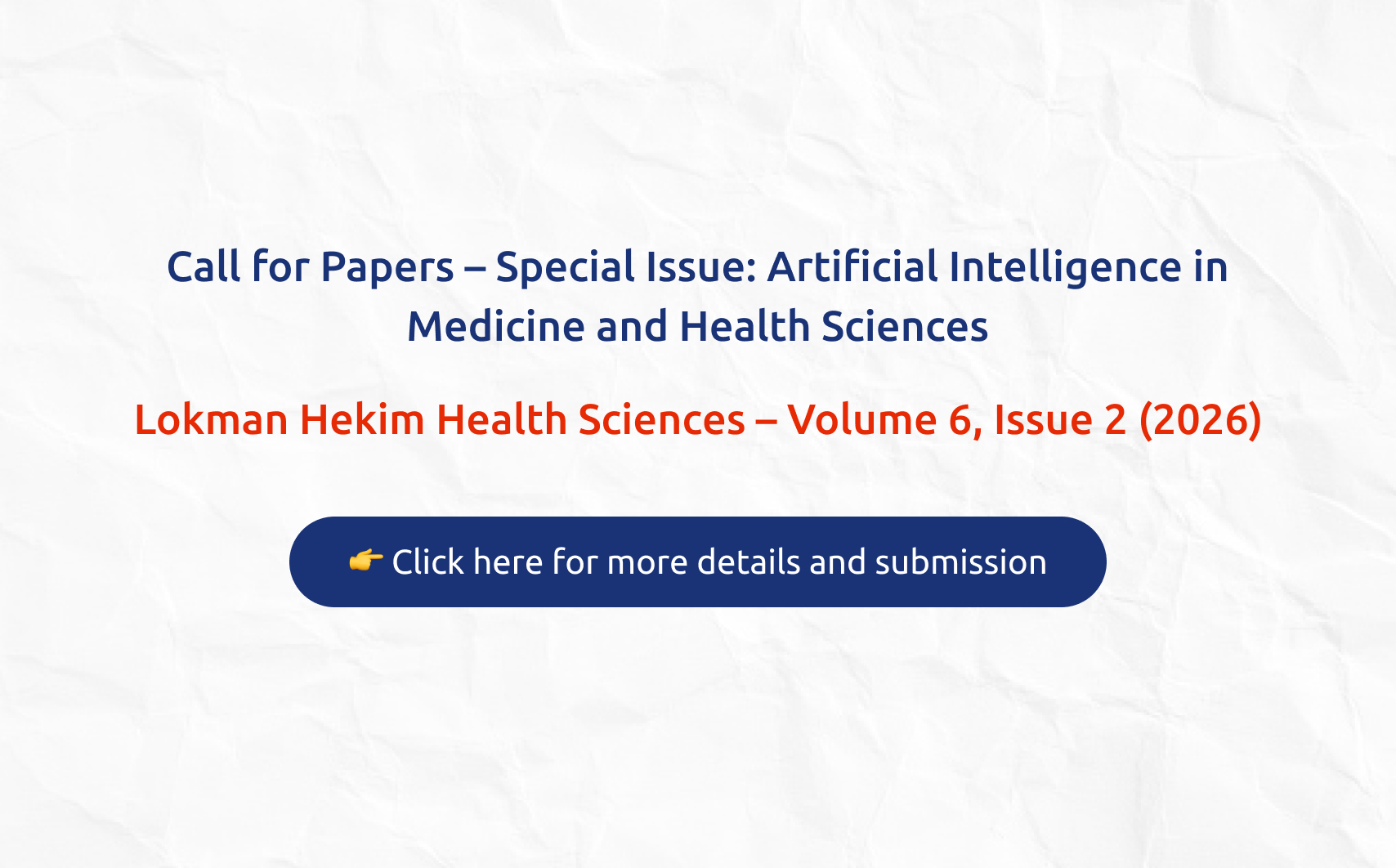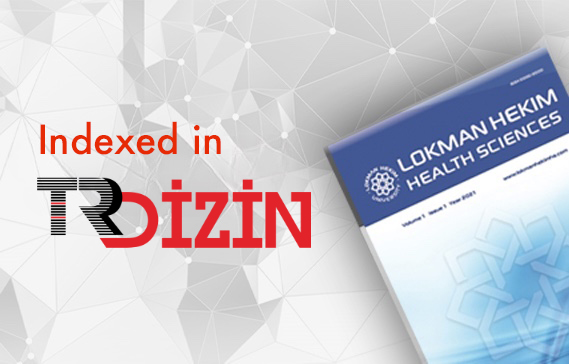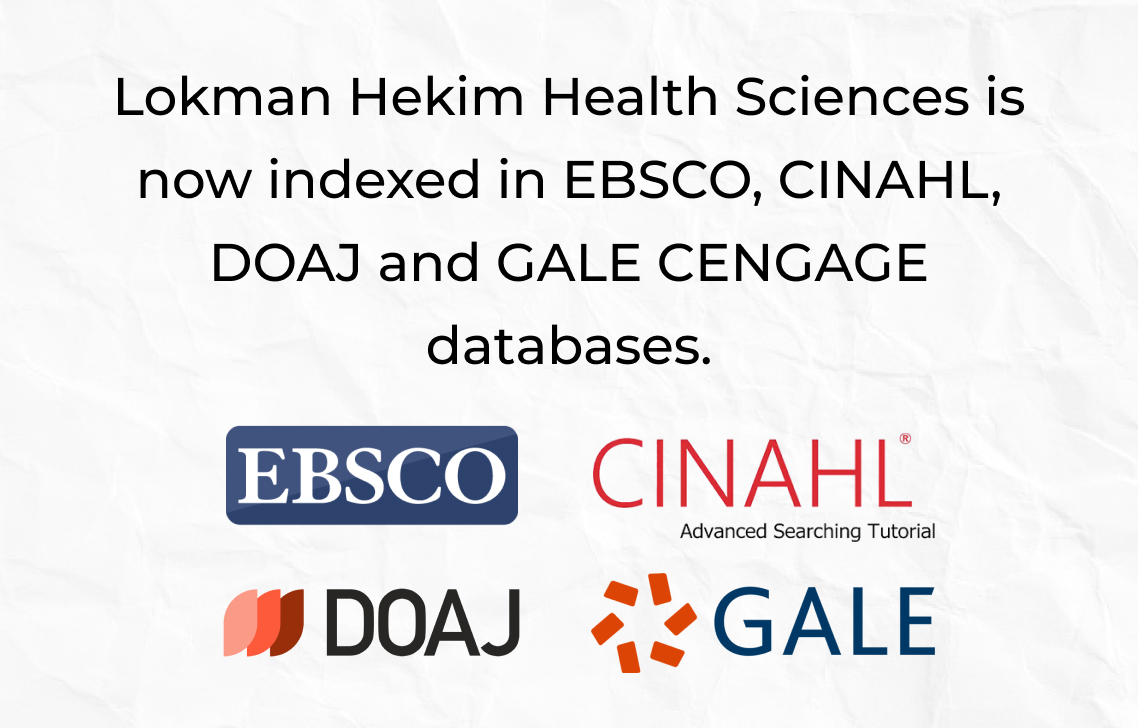Abstract
Introduction: This study aims to determine the nutrition, physical activity, and ergogenic support usage status of male athletes, who are interested in fitness, and to evaluate the effects of the ergogenic support usage on body composition.
Materials and Methods: A total of 40 volunteers between the ages of 18 and 35 years, who do fitness in a sports center located in the Söğüt District of Bilecik Province, participated in the study. The data were collected by face-to-face survey method and analyzed using the SPSS 26 program.
Results: Among the participants, 45% were using ergogenic support products. The most commonly used ergogen-ic supplements were creatine and protein powder. It was observed that the participants started to use ergogenic support products in line with the recommendations they received from the media and books to improve sports performance and muscle ratio. The ergogenic support usage status of the athletes was compared with their body measurements and composition values, and it was determined that there was no statistically significant difference (p>0.05). The mean amount of energy, carbohydrate, protein, and fat obtained on the day of exercise is higher than on the day without exercise. A statistically significant difference was observed between the averages of energy and macronutrients consumed per day with and without exercise (p>0.05).
Discussion and Conclusion: Ergogenic supplements should be used as a supportive element of the training and nutrition program in accordance with the advice of professionals.
Amaç: Bu çalışmanın amacı fitness sporuyla ilgilenen erkek sporcuların beslenme, fiziksel aktivite ve ergojenik destek kullanım durumlarının saptanması ve ergojenik destek kullanım durumunun vücut kompozisyonu üzerine etkisinin değerlendirilmesidir.
Gereç ve Yöntemler: Çalışmaya, Bilecik ili Söğüt ilçesinde yer alan bir spor merkezinde fitness yapan 18-35 yaş arası 40 erkek gönüllü katılmıştır. Veriler yüz yüze anket yöntemiyle toplanmış olup verilerin analizi SPSS 26 programı kullanılarak yapılmıştır.
Bulgular: Katılımcıların %45’i ergojenik destek ürünlerini kullanmaktadır. En sık kullanılan ergojenik destek ürünleri kreatin ve protein tozu olarak saptanmıştır. Katılımcıların sportif performansı ve kas oranını artırmak gibi amaçlarla, yüksek oranda medya ve kitaplardan aldığı tavsiyeler ve kendi isteği doğrultusunda ergojenik destek ürünlerini kullanmaya başladığı gözlemlenmiştir. Sporcuların ergojenik destek kullanım durumları vücut ölçümleri ve kompozisyon değerleri ile karşılaştırılmış olup istatistiksel olarak anlamlı bir farklılık bulunmadığı tespit edilmiştir (p>0.05).
Sonuç: Egzersiz yapılan günde alınan ortalama enerji, karbonhidrat, protein ve yağ miktarı egzersiz yapılmayan güne göre daha fazladır. Egzersiz yapılan ve yapılmayan günde alınan enerji ve makro besin ögesi miktarı ortalamaları arasında istatistiksel olarak anlamlı bir farklılık bulunmuştur (p<0,05). Ergojenik desteklerin antrenman ve beslenme programının yanı sıra destekleyici bir unsur olarak profesyonellerden alınan tavsiyelerle kullanılması önerilmektedir.






 Havva Eda Cicavoğlu1
Havva Eda Cicavoğlu1 









